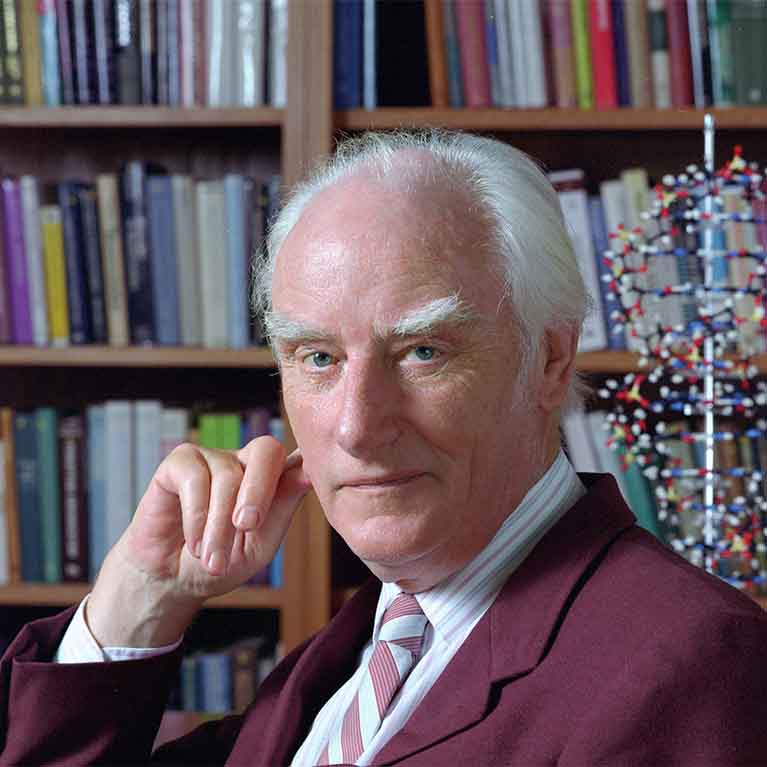Overview

The Crick-Jacobs Center for Theoretical and Computational Biology is an interdisciplinary research unit at the Salk Institute. The overall goal of the Center is to integrate experimental and theoretical approaches to understanding the organization of signaling systems and the functional neuroanatomy of the brain, from the molecular to the systems levels, and how behavior arises from the interactions between the brain’s many components. The scientists who work at the Crick-Jacobs Center combine approaches from biology, physics, chemistry, mathematics, computer science, and engineering and exploit techniques that include computer simulations, imaging, viral vectors, and molecular genetics.
The Center is named in honor of Francis Crick, Salk Nobel laureate, and Irwin Jacobs, who is the co-founder and chairman of the board of San Diego-based Qualcomm Inc., an international leader in digital wireless technology.